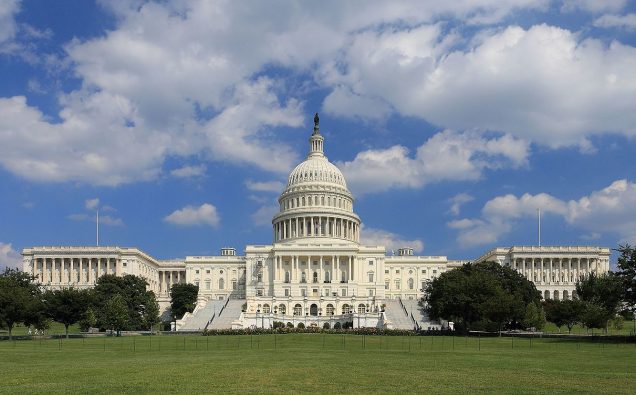
During Eid afternoon, my wife and I dropped by for an intended quick visit at the Washington-area residence of Professor Akbar Ahmed – maker of the movie, “Jinnah,” with the legendary Sir Christopher Lee portraying the Quaid – and his wife, Zeenat. It lasted 4 hours. Time simply sped by.
His children and grandchildren were there. We sat outside in the garden on a particularly balmy day, with the birds warbling and a cool breeze enlivening. Zeenat had prepared a rambunctious high tea, with an assortment of goodies befitting the celebratory end of the Ramadan fast. These were magical non-transactional moments. Of friendship, conviviality, probing conversation, and spontaneity.
Hovering over it was the bloody eruption in the Mideast. One marveled how few and far between were such sessions, particularly during the time of the pandemic. It brought renewed meaning and appreciation for the 1972 book, “Felled Oaks,” by French philosopher André Malraux, which I encountered during my university days. It captures a trip Malraux undertook in December 1969 to meet Charles De Gaulle at his country home in the village of Colombey-les-Deux-Eglises, 160 miles from Paris. That afternoon of conversation was forever enshrined in the book.
Much of the Eid discussion centered on innocent blood spilled and the ineffectiveness of the US Muslim community. In the ensuing days, I reflected on the conversation, attempting to dive deeper into Muslim malaise.
My wife, Dayna, during a visit to Annapolis City Dock, saw an inscription attributed to Alex Haley (who co-wrote the acclaimed “Autobiography of Malcolm X,” the martyred civil rights leader, and who also inspired generations to trace their genealogy through his path-breaking book, “Roots”): “Things don’t ever get better unless you make them better.” It connects also with appreciating what you have instead of what you don’t have.
Despite all the hoopla of their growing numbers, US Muslims, in effect, remain a non-entity. The question is why. The vigorous team ethic which propels the Jewish and Indian communities is missing. Along with that is a timorous mindset, which is prone to be intimidated by obstacles, irrational fears, and pressures largely self-imposed – setting the stage for low expectations. Few elders carry the aura of being inspirational role models. Not aiming high is by itself self-limiting, enabling the tendency to settle for crumbs. The result: size has not been leveraged into clout.
There has been attitudinal sameness which has stunted growth. Number 1 has been over-caution, and number 2, is over-emphasis on pecuniary pursuits. Which means that where it matters, they don’t matter. The inability to grasp the big picture is connected with the incapacity to seize the big moments.
A cue can be taken from the plight of the Asian-American community. They have been technically very adept. They have been proud to present themselves as a model minority to the extent of wishing to be perceived as honorary whites in the American caste system. They have gained salience in business and technical professions along with affluence. But their submissive posture meant that they did not reach out or build alliances, for example, with blacks with whom their interaction remains nominal and socialization abysmal. This, despite their own history of suffering egregious, legalized discrimination in the past. When the pandemic struck, they were caught largely unprepared when Trump unleashed a firestorm, making them a convenient scapegoat. Random assaults followed. Asian-Americans may have found it easier to change their economic class but they couldn’t change the way they looked.
In the case of US Muslims, with hope and faith, it needn’t take a trauma to knit them together and wring out unity of purpose forged by collective determination. But for that, a fundamental first step is an inward critique to ruthlessly identify the vulnerabilities within which put them on the backfoot.
There are few man-made problems that can’t be overcome by grit and perseverance. Most battles are lost and won in the mind. Some wars are won before the shooting even starts. Giving up – as the Gazans demonstrated – is never an option.

















[…] American Muslims – still far from finding a national voice […]